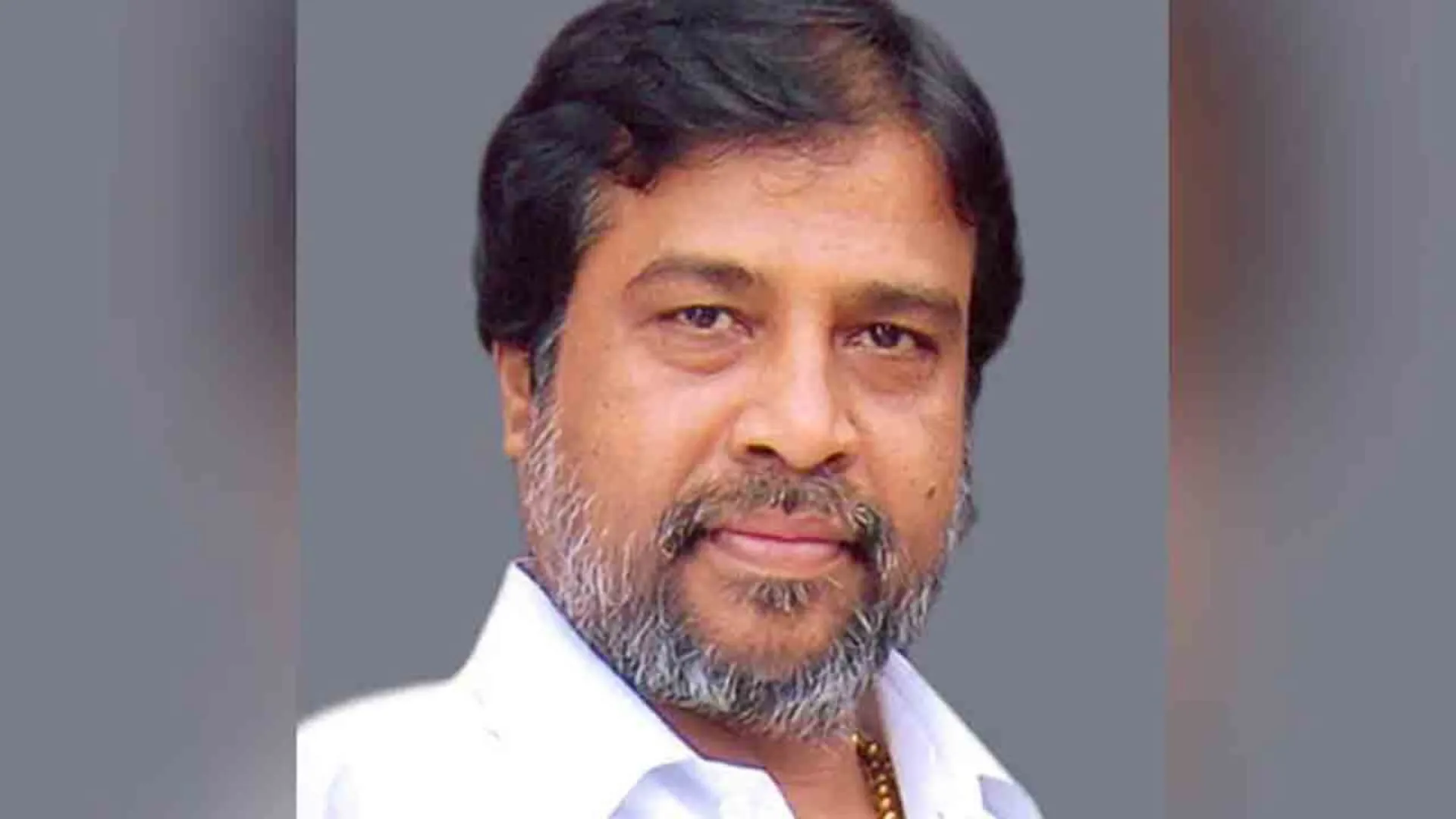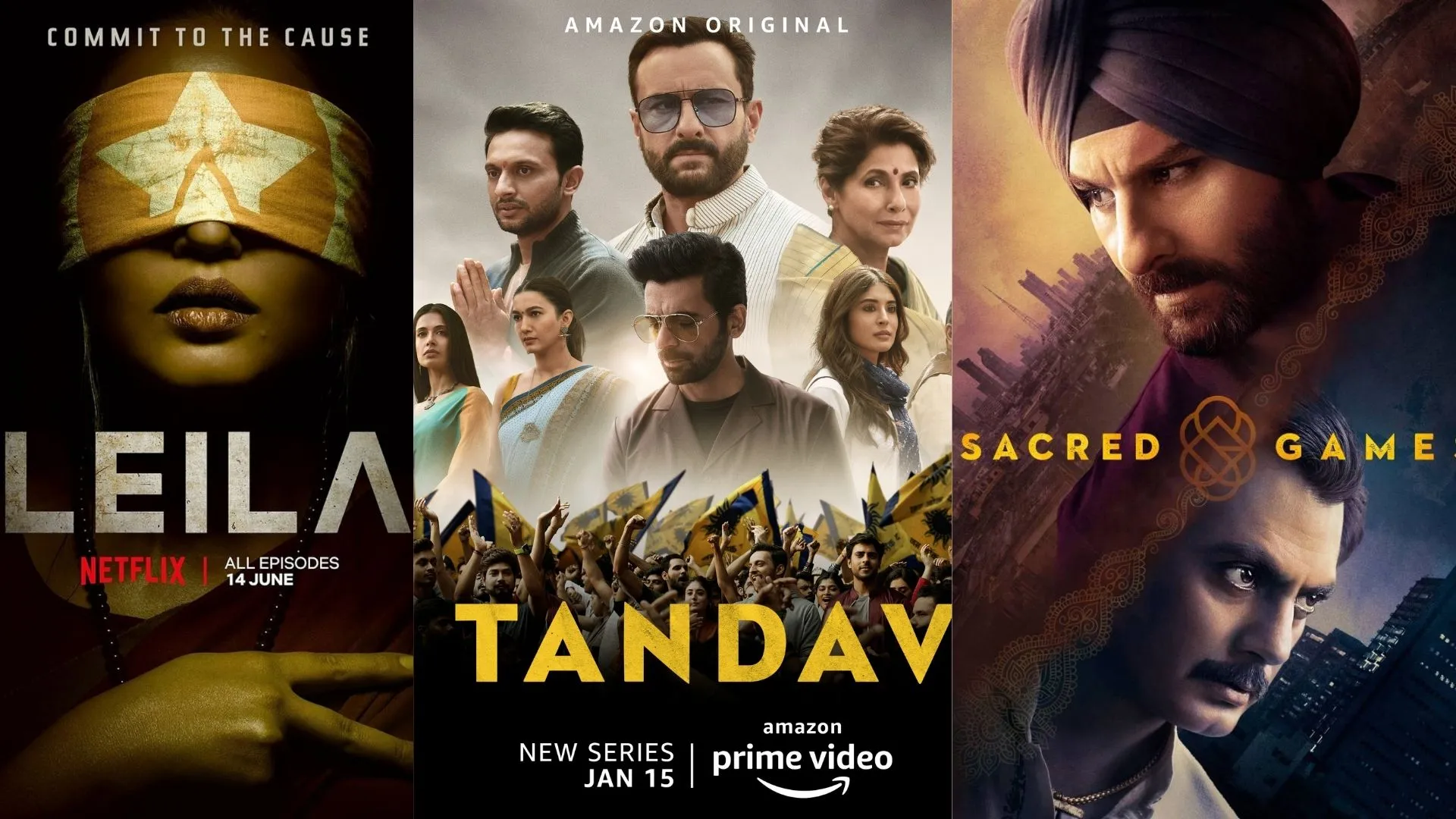As the U.S. approaches Election Day, Vice President Kamala Harris, alongside former President Barack Obama, is intensifying efforts to engage Black voters, a critical demographic in the electoral landscape. Harris, who would be the second Black president if elected, has prioritized outreach to Black voters in her campaign. Meanwhile, Donald Trump is also trying to connect with this key group, employing unconventional tactics to resonate with Democratic voters.
The Obama Effect: A Strategic Outreach
A significant part of the Democrats’ strategy involves leveraging the influence of the Obamas to galvanize support among Black voters in battleground states. Their appearances are crucial, particularly as voter turnout may hinge on convincing apathetic or hesitant individuals to participate in the election.
In the days leading up to the election, Michelle Obama took to the campaign trail in Norristown, Pennsylvania, rallying voters alongside Grammy-winning artist Alicia Keys. Former President Obama joined the efforts in Milwaukee, emphasizing the importance of civic engagement. Michelle underscored the profound impact of elections on daily life, stating, “I’m always amazed at how little so many people really understand just how profoundly elections impact our daily lives. Because that’s really what your vote is; it is your chance to tell folks in power what you want.”
Grassroots Mobilization and Community Engagement
Efforts to boost Black voter turnout often begin at the grassroots level. In Miami, local church members came together for a “Souls to the Polls” event, marching to an early voting center to encourage participation. Regina Tharpe, a Miami resident, highlighted the community spirit, saying, “It helps a lot to encourage others to vote. People get excited when they see us walking down the street. It encourages them to get out.”
First-time voter Sharina Perez also emphasized the significance of her participation, stating, “It was for myself, my future, my mom’s future, and for the younger generation.” These sentiments echo a broader initiative to combat exhaustion and cynicism surrounding politics, particularly among younger Black voters and Black men.
Overcoming Cynicism in Black Communities
Organizers dedicated to increasing Black voter turnout are addressing feelings of fatigue and distrust in the political system. Jamarr Brown, executive director of Color of Change PAC, pointed out the importance of meeting voters where they are. “If you want the people who are going to be most impacted to come out, you have to go where they are,” he remarked. His organization has reached over 8 million voters across key states like Georgia, Michigan, and North Carolina through targeted campaigns and digital outreach.
In addition to traditional campaign strategies, innovative events are being organized to draw in voters. The Detroit Pistons hosted a “Pistonsland” festival in a predominantly Black neighborhood, featuring music, food, and the chance to vote. Karl Patrick, a Detroit local, expressed his ambivalence about the candidates but supported Harris, stating, “Trump wants to be a dictator.”
Trump’s Outreach Efforts: A Different Strategy
Despite being the most overwhelmingly Democratic demographic in the country, Black voters are being actively courted by the Trump campaign, particularly Black men. The campaign has focused on economic messaging, claiming that undocumented immigrants are taking jobs from Black Americans, a narrative disputed by economists.
Janiyah Thomas, a spokesperson for the Trump campaign, criticized Harris, stating, “If Kamala wanted to turn our country around, then she would do it now. We deserve more than token gestures—we deserve a leader who respects us, empowers us, and backs it up with action.”
Trump’s campaign has also involved significant figures like GOP Representatives Byron Donalds and Wesley Hunt, who have become key surrogates in the outreach effort. They hosted events aimed at engaging Black men, including a barbershop roundtable in Philadelphia.
Early Voting Trends Among Black Voters
Millions of Black voters, like many Americans, have already cast their ballots in this election cycle. Rep. Hank Johnson, D-Georgia, pointed out that while early voting numbers are impressive, the focus must remain on Election Day turnout. He noted, “The truth of the matter is that Trump has been advising his people who always vote on Election Day to get out early. So they’re the ones that are making these numbers look so big. On our behalf, Black people have been slightly underperforming.”
Although early Black voter turnout has shown a slight decline in North Carolina compared to 2020, the gap has narrowed thanks to increased participation at the close of early voting. The ultimate test of voter engagement will be on Election Day, with veteran leaders expressing confidence that their multifaceted strategies will yield results.
Rev. Wendell Anthony, a Detroit pastor and NAACP president, acknowledged the persistent skepticism among some voters but remained optimistic. He stated, “There’s always a group of people who still don’t believe that their vote makes a difference. But so far, the indicators to us are such that those people are going to turn out. They’re not going to miss this historic moment.”
MUST READ | Election Preparations: Cities Nationwide Board Up Amid Trump-Harris Showdown























